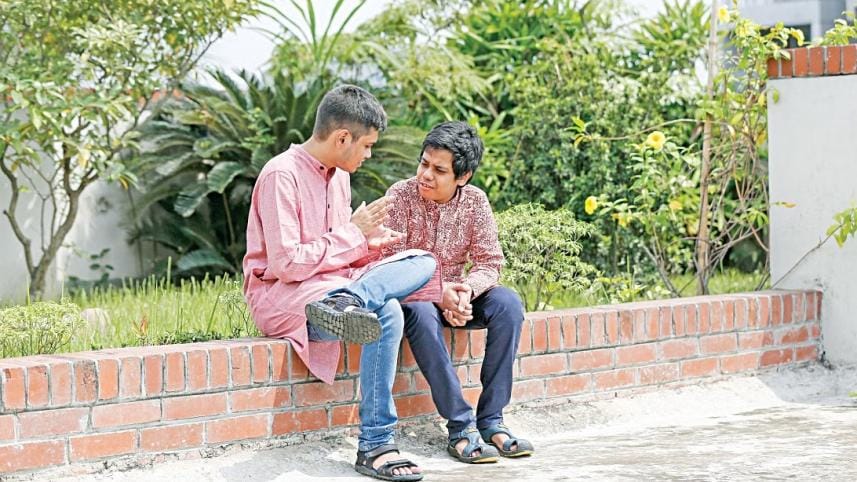Moderating the content kids watch through communication

It is only in the nature of children across all generations to be curious about the things that they are shielded away from. Whether it's looking up the meaning of a word in the dictionary, reading books meant for older ages, or going into forbidden corners of the internet, kids – as they grow up and explore the world around them – often take matters into their own hands to educate themselves about topics that grown-ups around them aren't willing to discuss.
A lot of our younger siblings get exposed to content riddled with content that isn't appropriate for them while they browse the internet. There are however, proper steps we can take to ensure their safety online and have a better understanding of such sensitive topics.
Saying the internet is strange would be an understatement. Even with the direst efforts made by moderators to hide or correct content that may be deemed inappropriate or misinformed, it is still not possible to monitor everything made by every single user on a platform. Since there are so many users creating content and publishing it, navigating the internet is an incredibly difficult task, something a lot of us still haven't figured out how to do, let alone children.
Many parents are aware of this, and they usually resort to installing some sort of parental control software into the child's device as a preventive measure. But as bacteria grows resistant to antibiotics, children are likely to find ways to bypass restriction imposed by their parents. Even after taking measures to restrict the content kids watch, parents still fall short because the internet is brimming with inappropriate content. And, as long as children are curious, chances are they will stumble upon this.
In our country, talking to children about sensitive topics is far from reality for most. Most parents and guardians tend to be squeamish about certain subject matters. When children notice this behaviour, they attach a sense of taboo to media like that, and they resort to looking out for similar content more against the supervision of their caretakers.
As an older sibling, it is crucial to not become a third parent when monitoring what they watch online. Older siblings are someone younger kids turn to when they wish to talk about issues, they cannot talk to their parents about. Due to the age and generational gap being narrower, it is easier for us to relate to them and have them open up to us. The underlying message should be that they are better off learning about things they are not familiar with from the people around them than from the internet.
We can start talking to them about sensitive issues early on, so they know who to go to when they have more questions and don't resort to untrusted sources on the internet. For example, when my younger sister stumbled upon the rather questionable side of BTS fan content, I let her know that it is normal for young girls to get very enthusiastic about their idols, but it's also important to steer clear of content that is clearly not meant for a younger audience. It is better that she waits till she's older and has better judgment to view mature content.
However, due to the lack of moderation of whatever is being said on the internet, there exists a need to guide children or at least provide them some context behind the things they end up reading and watching. To remove stigma, this needs to start early. The more we make it easier to talk about "taboo" topics, the less risk we have of them getting their information from untrustworthy sources, and the less likely they are to hide their inquisitiveness from us.
Koushin Unber wishes all the other versions of herself in parallel universes a very good day. Send her more multiverse theories at koushinunber27@gmail.com



 For all latest news, follow The Daily Star's Google News channel.
For all latest news, follow The Daily Star's Google News channel. 
Comments